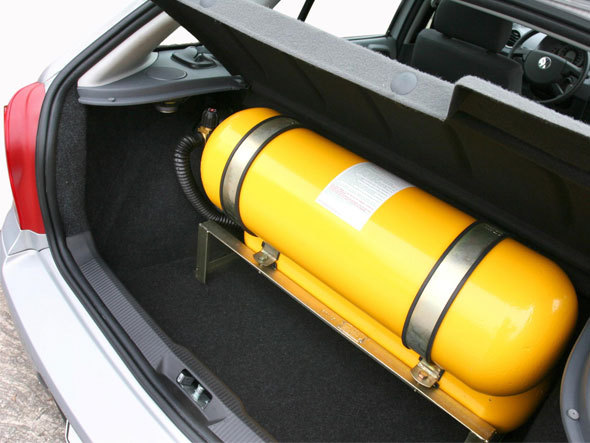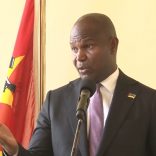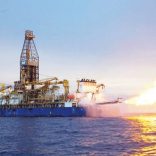Syrah resumes graphite shipments from Mozambique mine
Autogas urges expanded use of natural gas for vehicles

The use of compressed natural gas as a fuel for motor vehicles could be part of the solution to the economic problems currently facing Mozambique, according to the sole company distributing gas for vehicles, Autogas.
Citing the company’s managing director, Joao das Neves, an Autogas press release issued on Friday said that the use of natural gas to drive vehicles “could reduce the financial burden of importing liquid fuels and allow Mozambicans access to a cheaper form of fuel”.
Neves said that the deteriorating exchange rate of the Mozambican currency, the metical, against all major foreign currencies “imposes an enormous challenge on the Mozambican state to keep liquid fuels at a price accessible to small and medium companies, and to our communities”.
Natural gas, however, is a fuel produced in Mozambique, which would allow small and medium companies to operate and produce at lower costs.
“We must bank on this Mozambican fuel”, Neves insisted. “Autogas prefers to be a part, not of the problem, but of its solution”.
“If, instead of concentrating merely on the import of liquid fuels, we had already started effectively promoting the use of natural gas for vehicles, perhaps we would not feel as squeezed as we are at the moment”, he said. “Hundreds of millions of dollars could be saved if just one transport sector were to use natural gas rather than liquid fuels”.
Neves believed that the government should send out clear instructions under which a specified percentage of public transport and state-owned vehicles would be obliged to use natural gas.
There are now two vehicle assembly lines in Mozambique, and one of them, assembling Hyundai models, is working with Autogas. It can supply new vehicles ready to run on natural gas. Neves stressed that, for this to be effective, the government must send out encouraging signals – such as tenders for the supply of gas-fired vehicles.
One of the problems in popularizing gas for vehicles is that there are very few filling stations, where motorists can obtain the gas. Currently there are just six filling stations for gas, all in Maputo and the neighbouring city of Matola.
Expanding the supply network, Neves said, “necessarily involves clarity about the growth of consumers of gas. Without this, commercial investment will be amputated for lack of any guarantee of a return”.
Increasing the number of filling stations “directly depends on the certainty that there will be consumers ready, or even contracts signed with possible fleet owners, to guarantee the minimum consumption necessary”.
Nonetheless, Autogas is planning to expand to several places outside the Maputo/Matola conurbation. A small supply post will be established in Marracuene district, some 30 kilometres north of Maputo. Neves said this “will serve as a barometer to measure the demand for vehicle natural gas in this area”.
Autogas also hopes to build filling stations at Ressano Garcia, on the border with South Africa, and in Macia and Chokwe districts, in Gaza province.
So far, there are about 1,800 gas fired vehicles in Mozambique, but Autogas calculates that about 80,000 vehicles could be converted to run on gas in the next ten years. That, however, the release said, “depends on the existence of favourable conditions for implementing the project”.













Leave a Reply
Be the First to Comment!
You must be logged in to post a comment.
You must be logged in to post a comment.